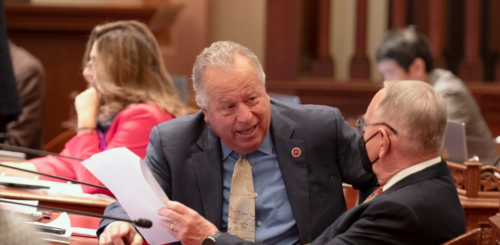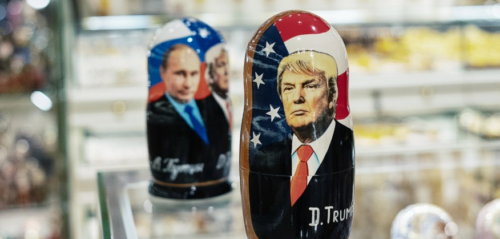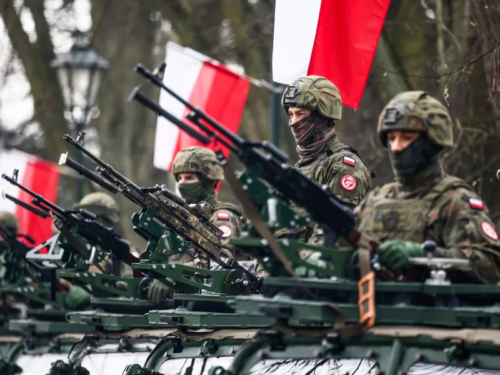Washington Monthly: Nelson Mandela: (Almost) the Last of the Lions
12.17.2013
The passing of Nelson Mandela marks nearly the end of the generation of great leaders who presided over the astonishing half-decade of 1989-1994, when the post-World War II status quo came to a resounding and surprisingly bloodless conclusion with the collapse of Communism in Europe and Apartheid in South Africa.
The death of Margaret Thatcher last year was the last such watershed moment although — unlike Mandela — the Iron Lady was as widely detested as admired. Like her ideological soulmate Ronald Reagan (who was secluded for a decade before his death in 2004), Thatcher had experienced a long period of decline and had been mostly out of the public eye for many years. By contrast, Mandela’s slow, excruciating, and very public demise brings to mind more closely the agonizing illness of Pope John Paul II, another great figure of the era whose death in 2005 similarly triggered waves of mass mourning.
A few of the secondary figures of that period persist, including the Polish Solidarity leader Lech Walesa, former South African President F.W. de Klerk, former German Chancellor Helmut Kohl, Archbishop Desmond Tutu of South Africa, and of course former U.S. President George H.W. Bush. But with the death of Mandela, the only surviving figure of truly world-historic significance from that era is Mikhail Gorbachev of the former Soviet Union.
It is an irony that Gorbachev — a man certain to be a central character in any historical account of his era — has within his lifetime slipped into near-obscurity, reviled within the assertively nationalistic Russia of the Putin era and widely considered an anachronism elsewhere. Of course, few public figures have ever experienced the near-universal acclamation that surrounds Mandela, whose breathtaking ability to transcend personal bitterness gave his country a new lease on life.
Today, South Africa continues to be beset with poverty, violence, corruption, and countless other intractable problems. Indeed, one book about the post-Mandela period is aptly titled Beyond the Miracle. But, at the same time, we should never forget that the transition of 1994 was indeed a type of miracle.
Countless people in South Africa and around the world, including both the renowned and the anonymous, contributed to the end of Apartheid. But Mandela was unquestionably the chief miracle-worker. His passing reminds us of how much there is for today’s generation of leaders to live up to – and how often they fall short of doing so.
Raymond A. Smith a Senior Fellow at the Progressive Policy Institute, teaches political science at Columbia and NYU and is an investigator in the Division of Gender, Sexuality, and Health at the Columbia University Medical Center. He is the author of Importing Democracy: Ideas from Around the World to Reform and Revitalize American Politics and Government and editor of The Politics of Sexuality.
This piece was originally published by Washington Monthly, you can read it on their website here.







